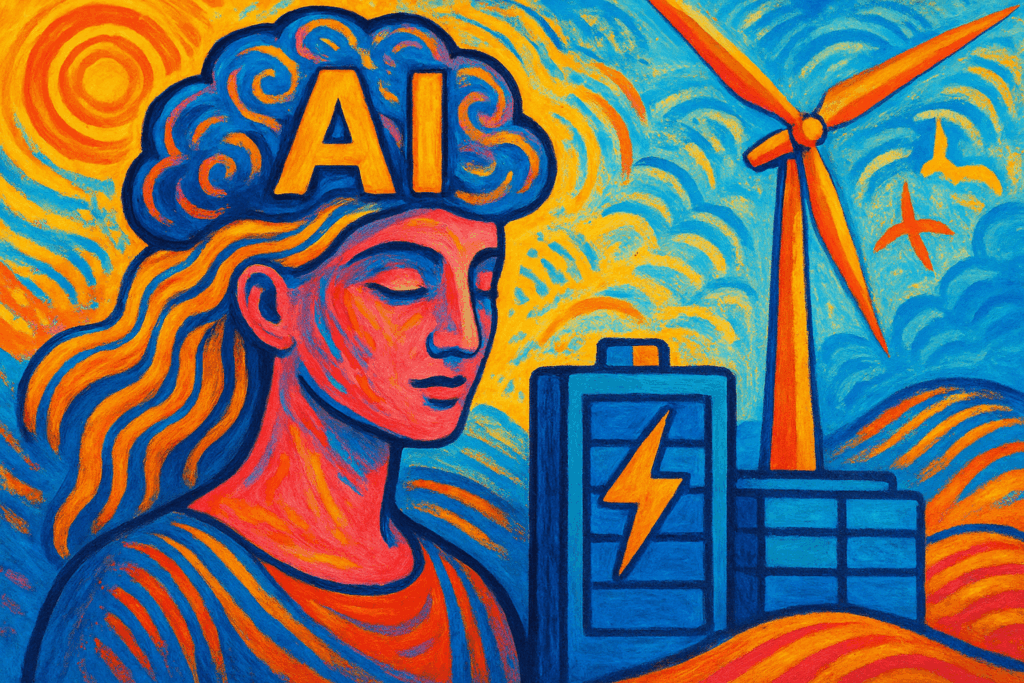UK Bolsters Long-Duration Storage: The MESH Project and AI’s Policy Horizon
The UK government has recently recognized the MESH project, a pioneering initiative focused on hydrogen-based long-duration energy storage (LDES). This endorsement by the Department for Energy Security and Net Zero signals growing national commitment to innovative storage solutions that support cleaner energy systems. MESH integrates large-scale hydrogen production and storage capabilities, designed to provide reliable, long-term balancing services essential for a decarbonized, stable grid.
Government Backs MESH: A Leap for Hydrogen LDES
The MESH project stands out as a promising technology aimed at managing energy supply fluctuations by storing excess renewable energy as hydrogen for extended periods. The UK government’s recognition is a critical milestone, positioning MESH as a strategic asset in the country’s transition to net-zero emissions. Hydrogen’s versatility paired with LDES allows energy to be stored and dispatched over days or weeks, unlike short-term battery solutions, thereby addressing seasonal demand changes and enhancing grid resilience.
The Imperative of LDES and AI’s Optimization Potential
Long-duration energy storage is vital for balancing the increasing share of intermittent renewable energy sources like wind and solar. Integrating AI technologies into LDES systems such as MESH can substantially improve operational efficiency. Through advanced data analytics and predictive modeling, AI can forecast energy generation and demand patterns more accurately, optimize hydrogen storage levels, and automate grid interaction to reduce costs and emissions. This intelligent management is vital for making hydrogen storage economically viable and responsive to dynamic grid conditions.
Policy Pathways for AI-Driven Energy Storage
Despite technological advances, current policy frameworks lag in addressing the unique challenges and opportunities AI integration presents in energy storage. Policymakers should consider establishing clear regulatory guidelines that foster innovation while ensuring transparency and system security. Funding mechanisms targeted at AI research within LDES projects and standards for data sharing and interoperability could accelerate development. The MESH project offers a template for how government support can stimulate AI-enabled energy storage solutions, but a more comprehensive and forward-thinking policy approach is necessary to fully realize these benefits across the UK energy sector.
Shaping the Future: AI, Storage, and UK Energy
The government’s support for MESH signals an important shift toward recognizing the strategic value of hydrogen long-duration storage in the UK’s energy transition. By aligning AI capabilities with policy initiatives, the UK can lead in developing smarter, more flexible energy storage infrastructures. This will not only enhance grid stability and support decarbonization goals but also position the UK as a global example of integrating cutting-edge AI technologies within national energy strategy.




